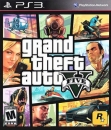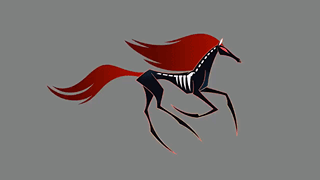It is of course completely arbitrary what the boundaries of a generation is, so there is no finite answer. However, I don't buy the argument that it being a successor to a previous system brings it one generation ahead, then if a company were to release systems all the time they would be in gen 20 in no time. The point of the generation term is to compare system from the same "era", which can be interpreted as timeframe, but also more by technological features.
So if we take the Switch here are the parameters I would look consider as most important, and which generation I would put it in based on said parameter:
In terms of horse power, which gen is it closest to: 7th gen
In terms of technology overall, which gen is it closest to: Tegra X1 is 2015 tech, so newer than 8th gen competitors, but not by much: 8th gen
Of competing systems, which launch dates is it closer to: 8th gen
Which gen of systems was it intended to compete against: Debatable, but probably 8th gen
Which gen of systems did it end up sharing most of its lifetime with: 9th gen
In terms of multiplats, which gen did it share most games with: 8th gen
The Switch is therefore an 8th gen system.
Based on the rumours the Switch 2 will be...
In terms of horse power, which gen is it closest to: Very difficult to guess, probably right between 8th and 9th, 8th/9th gen
In terms of technology overall, which gen is it closest to: Nvidia seems to make a brand new chip-set, so 2025 tech: 10th gen
Of competing systems, which launch dates is it closer to: May depend on when in 2025 it releases, but even if it releases early, it will probably be closer to 10th gen
Which gen of systems was it intended to compete against: Debatable, but since Nintendo allows the Switch such a long life, probably 10th gen
Which gen of systems did it end up sharing most of its lifetime with: Hard to guees, but 10th gen seems more likely
In terms of multiplats, which gen did it share most games with: Even harder to to guess given the expanded support of legacy systems, I have no idea.
So Switch 2 will likely be a 10th gen system if it releases in 2025, meaning Nintendo has two 8th gen systems, but "skips" the 9th gen entirely. Considering that they also had a 1st gen system, but none in the 2nd, it is not unprecedented.























































